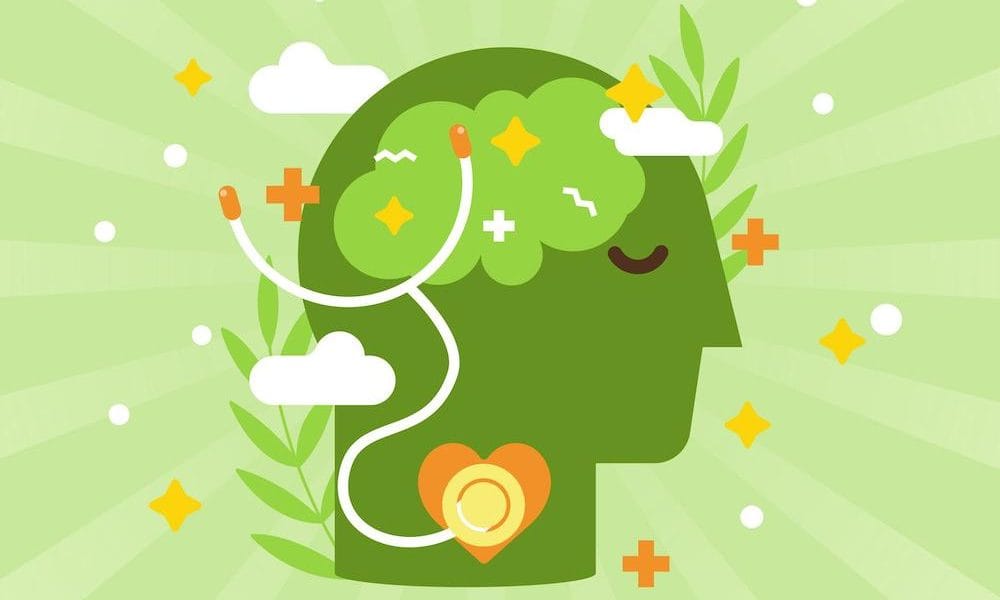
In conjunction with Mental Health Day 2020, Irwin Mitchell organised a webinar offering valuable insights into maintaining good mental health for those affected by Spinal Cord Injury (SCI).
The speakers were a mixture of professionals and people living with a SCI.
Dr Parashar Ramanuj, Consultant Psychiatrist gave an in depth clinical insight as to what a person who has recently sustained an SCI may be dealing with and what ‘coping’ really means
Sophie Lester, a case manager and spinal occupational therapist provided some really helpful guidance on how to maintain good mental health alongside rehabilitation and sustaining a healthy balance.
Ian Younghusband and Anne Luttman-Johnson provided first-hand insight into specific challenges of living with SCI and offered tips, advice and practical strategies to develop coping mechanisms in support of you and/or your loved ones.
The webinar offered some invaluable tips, but after seven months of different degrees of lockdown there were two key points that struck home with me. These were firstly the importance of reaching out to friends, family and charities and secondly keeping to some sort of daily routine and structure which includes hobbies, interests and exercise.
Lockdown was difficult for everyone, but especially for those who were deemed to be high risk. For those living with a SCI, a common cold has the potential to be life threatening. Most people with a SCI live with suppressed immune systems and/or possible respiratory issues, and so the possible impact of coronavirus has the potential to be devastating. Accordingly, people with a SCI were considered to be potentially high risk and were advised to shield.
For anyone who was asked to shield, in order to protect themselves, they were advised to isolate and effectively cut themselves off from their families, support networks and normal daily routines. This would have undoubtedly had an impact upon their mental health and wellbeing.
#TogetherInIsolation
In response to the growing situation, a number of positive and innovative projects have been launched to support the tens of thousands of SCI people who were isolating.
The Spinal Injuries Association (“SIA”) set up a movement, Together in Isolation. The SIA along with other charities and partners, joined forces to support and provide advice to those living with a SCI.
This included weekly inspirational blogs, an online drop-in café at 3pm every Wednesday with SCI Nurse Specialists and Horatio’s Garden providing gardening tips. Back Up, another national SCI charity also set up an online BackUp Lounge for people to just chat.
NeuroKinex is a not for profit organisation which in usual times, provides hands-on activity based rehabilitation for those living with an SCI. They continued to provide therapies and treatment virtually for a number of their clients, providing continuity of their rehabilitation, treatment and routine.
Online accessible experiences
Accessible exercise and fitness and wellness experiences have also become available online, to assist wheelchair users to continue to access exercise from home.
AirBNB launched their ‘experiences’ back in 2017, but when travel had to stop, these converted to virtual experiences with the option of filtering your results to those designed for accessibility. The experiences which have been featured include seated fitness and wellness experiences including Cardiobox, seated adaptive yoga, wheelchair dance and fitness, Mindfulness and Positive thinking with Paralympic heroes. Back Up moved their national wheelchair skills to virtual videos.
Additionally a number of free accessible exercise videos have been shared on social media. Ella, a GB U25 Wheelchair basketball player created Ella’s Wheelchair Workouts, a page on YouTube and Facebook offering and sharing exercise videos to do at home. She does this in conjunction with GymPossible an accessible gym in the North East who then started to produce adaptive fitness videos online.
Looking forward
The last seven months have been tough for everyone, and I am sure that it has had a huge impact on mental health across the country. But I am encouraged by the innovation and sense of community fostered by the use of online and virtual communication which has been sparked by this pandemic, and hope it has assisted some people to be able to continue with accessing their support networks and connecting with others, while participating in their hobbies and exercising from home.
Having access to positive experiences, friendships and exercise virtually when we can’t be there in person helps maintain good mental health. And although it doesn’t replace face to face in person experiences, I am hopeful that this positive community movement continues when life returns to what will be our new ‘normal’.
For those who are interested, I would really recommend watching the webinar recording which gives practical tips and guidance. This can be seen below:
Written by Jessica Bowles, a solicitor specialising in serious injury with a specific interest in Spinal Cord Injuries and rehabilitation at Irwin Mitchell.









